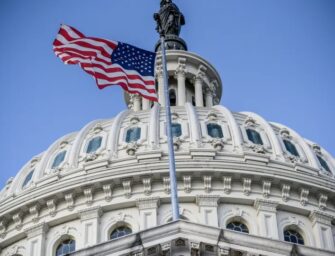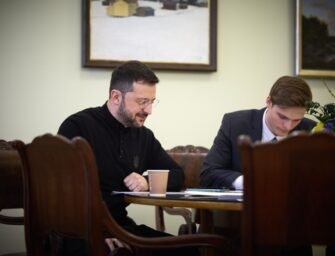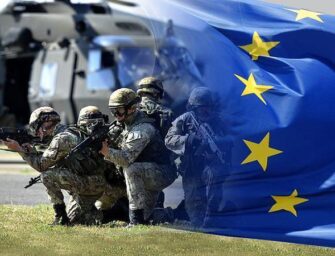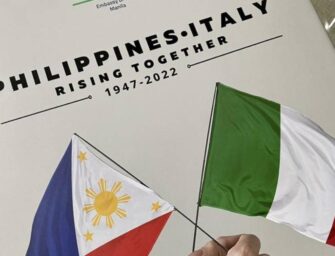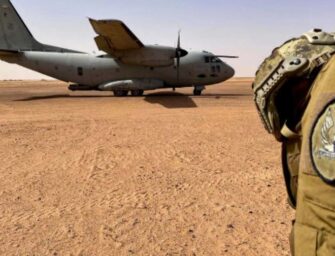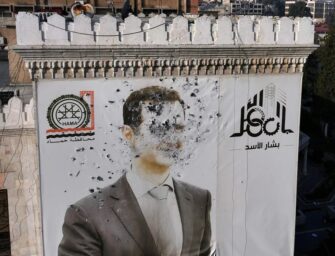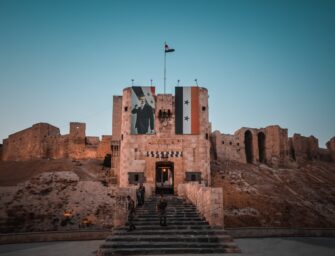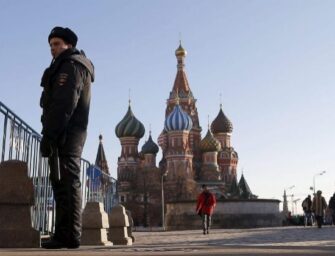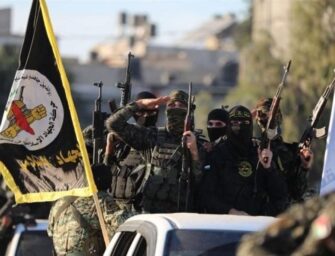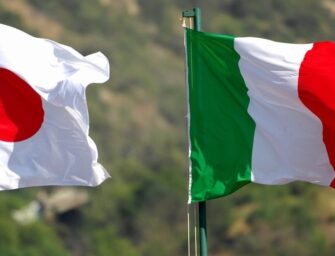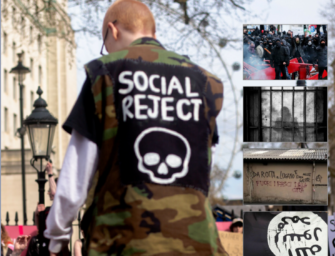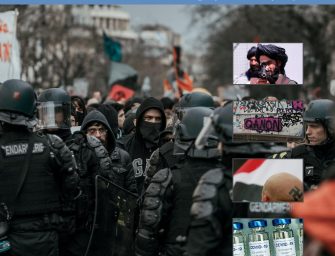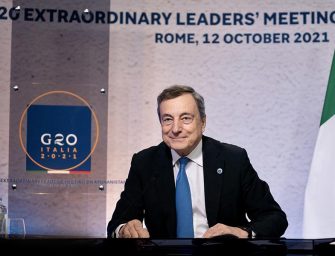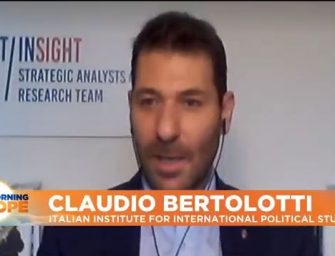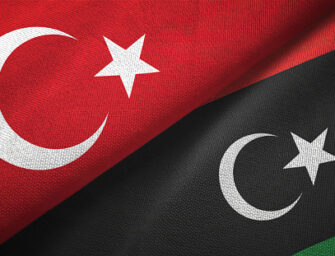Tunisia: a new political balance after Béji Caïd Essebsi?
by Claudio Bertolotti
The legacy of Béji Caïd Essebsi
President Béji Caïd Essebsi, the oldest sitting president in the world, died the 25th of July at the age of 92. Essebsi served as Tunisia’s transitional leader after the 2011 popular uprising that drove out long-time ruler Zine el-Abedine Ben Ali, and then was elected president in 2014 elections. He was the only senior politician in Tunisia to hold political office in the new democracy as well as under the previous regime of Habib Bourguiba – who became president after the country gained independence from France and who was among the most important, and most stridently secular, nationalists in the Arabic-speaking world – and Ben Ali, who was ultimately ousted.
Essebsi fought for Tunisian democracy, but also served the regimes of the 1960s and 1980s, and served as a vehicle for the reemergence of the old guard after the country’s 2011 democratic upheaval. He came out of retirement in 2011 to be interim prime minister after the uprising that of Ben Ali. The revolt in Tunisia ignited antigovernment protests across North Africa and the Middle East, starting the turmoil in the entire MENA area known as the Arab Spring. When Ben Ali was overthrown in January 2011 and fled to Saudi Arabia, Essebsi was chosen as interim prime minister because of his government experience and his relatively untainted reputation.
Essebsi helped found a secular political party, Nidaa Tounis (Call for Tunisia), leading a movement to oust the increasingly unpopular Islamist government. In contrast to Egypt, where Abdel-Fattah el-Sisi operated directly against the Muslim Brotherhood – and where the military seized power and cracked down violently on the country’s elected Islamists – Tunisia managed in 2013-2014 a negotiated with Ennahdha in attempting to stabilise the country, fight outbreaks of terrorism, and improve a struggling economy. A national dialogue which reached a compromise with the Islamists and recognized their role as a legitimate political actor. An approach that helped to preserve the Tunisian democratic experiment by forming a coalition with Ennahda after the 2014 elections, despite resistance to such a decision from within the secularist camp.
On the political and social front, Regarding, according to Youssef Cherif, a political analyst at the Columbia Global Center in Tunis, Essebsi “tried to foster education and progressive values, but he also encouraged nepotism through offering his son the leadership of his party and by nominating a lot of people in high positions by their degree of allegiance not their competency”. Today, because 60 years of regimes, Tunisian society remains fractured. Politically, secularists, including local leftists and Arab nationalists, contend with Islamists. Socially, a rich elite lives in the coastal cities at a far remove from the poor, underdeveloped inland regions, where the revolution began and where popular unrest continues.
Political dynamics
Tunisia’s president — who is elected by the people for a once-renewable five-year term — mainly has authority over foreign and defence policy, governing alongside a prime minister chosen by parliament who has authority over domestic affairs. The interim, the president of the Parliament, Mohamed Ennaceur (85 years old), took over the position of head of state. According to the country’s constitution, the president of the parliament assumed the presidency for 45 to 90 days while elections are organised: Originally scheduled for November, the elections will take place on September 15, as confirmed by Nabil Baffoun, the head of the Independent Higher Authority for Elections; the campaigns are scheduled to run from September 2 to September 13, with the results announced two days after the polls. A date for the second round of presidential elections has not yet been decided but, according to officials, it would be held no later than November 3. This means that Tunisia may vote in September and November for the early presidential elections and in October for the parliamentary elections.
Nidaa Tounes is splintered and recently collapsed; Essebsi became embroiled in a long-running series of political battles with his own prime minister, Youssef Chahed, and Rachid Ghannouchi, leader of the Islamist party Ennahda. Essebsi’s passing will likely prompt for influence within the party Nidaa Tounis between his son, Hafedh Caïd Essebsi – who assumed the leadership of the political party – and Prime Minister Youssef Chahed, who leads the breakaway faction Tahya Tounis.
Slim Azzabi, secretary-general of the Tahya Tounis party stated that Tunisia’s liberal prime minister, Youssef Chahed, will run for president in an early election, making him one of the likely frontrunners to succeed Beji Caid Essebsi. The Tahaya Tounis party, which split off from Essebsi’s party this year, is now the biggest liberal group in Tunisia’s parliament and governs in coalition with the Islamist Ennahda Party and a smaller liberal group.
Other candidates who have announced their intention to stand include liberal former Prime Minister Mehdi Jomaa, and Moncef Marzouki, who served as interim president for three years after autocrat Zine El Abidine Ben Ali was toppled, until Essebsi was chosen in the first democratic presidential election in 2014.
Ennahda, which has not yet named its candidate for the presidency, in 2016 decided to downplay its origins in political Islam declaring to distance itself from its Islamist origins and recast itself as a political vehicle for Muslim democrats; but the political movement remains a conservative Islamic party. What Ennahda’s carefully orchestrated rebranding demonstrates is just how skillfully its leaders continue to adapt to the changing landscape of Tunisian electoral politics. When the president of Ennahda, Rachid Ghannouchi, announced the move away from traditional Islamism, he also proclaimed a separation of the party’s political and religious activities: a way to allows party leaders to focus on politics in the capital while other members in the provinces – where there is more popular support because there are as many people whose vision of society, whose way of life is more conservative, less liberal, less Western to the party – continue to engage in the civic and religious spheres.
Security concerns
Institutional and economic crisis and jihadist threat: Essebsi’s death occurs in a period of potential destabilization for the North African country.
Tunisia is the only country to have emerged from the so-called Arab Spring with a full-blooded if somewhat wobbly democracy. The country has managed to survive a wave of political assassinations and deadly terrorist attacks targeting its security forces and productive tourism industry amid rising joblessness and inflation. But it remains under a state of emergency.
The Mediterranean haven was beginning to recover from the attacks mainly claimed by the Islamic State terror group (IS) as Western tourists slowly started to file back. Today’s news at the peak of the holiday season will likely put a big damper on that. On the one hand, there is the risk about the country’s low ability to cope with returning IS fighters veterans; between 5000 and 8000 of Tunisians joined the Islamic state group: some are thought to be redeploying to violence-wracked, neighboring Libya, while others have returned home. On the other hand, armed opposition groups operate in mountain areas on the border with Algeria. Both the
Analysis, assessment, forecasts
The departure of Essebsi is important not only because of what he did for democracy, but also with regard to the ambiguous situation through which Tunisia is currently passing. In general, it will not seriously impact Tunisia’s stability, because the country has a clear process in place that’s widely accepted as legitimate .
But regarding the implications for the future, the death of the old president, on the one hand, puts in evidence the absence of a prominent leader and open to a risk of greater divisions and fragmentation within the secularist political front – with all the consequences for how this might affect Tunisia’s consensus-based democracy.
On the other hand, we must consider two main factors: the first is the political disaffection and the distrust in democracy which open to a growing discontent among the people – characterized by numerous protests – often contrasted with repressive security measures; the second factor is the competition among the power-groups, which coincide with the fault line between the political parties Ennahda and Nidaa (and within Nidaa).
Because of the political stalemate and the ideological differences that led to the division of the secular front, Ennahda appears to be the only cohesive and stable party.
In conclusion, the general unstable situation may affect the electoral process, which could shift the votes of a large disappointed electorate in favor of some independent candidates.









